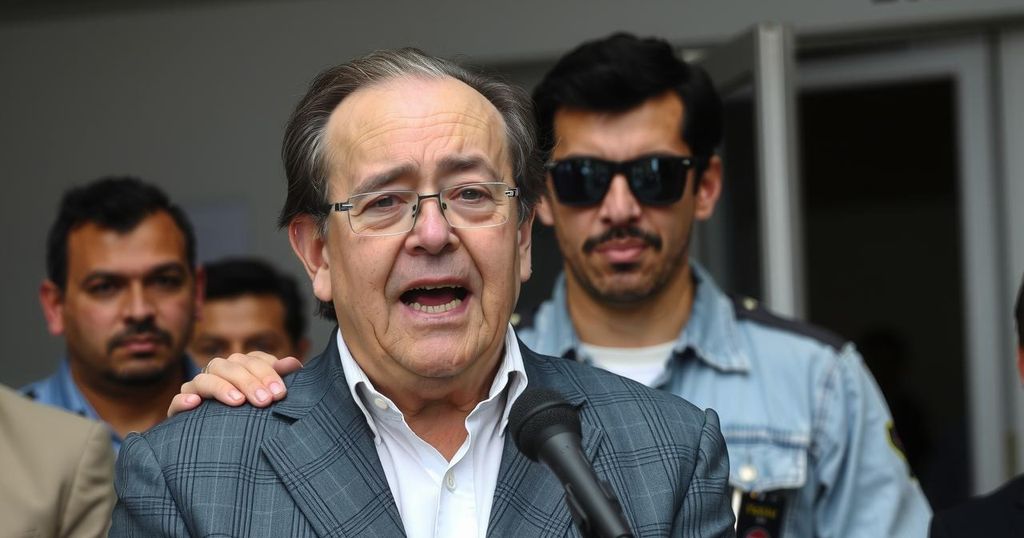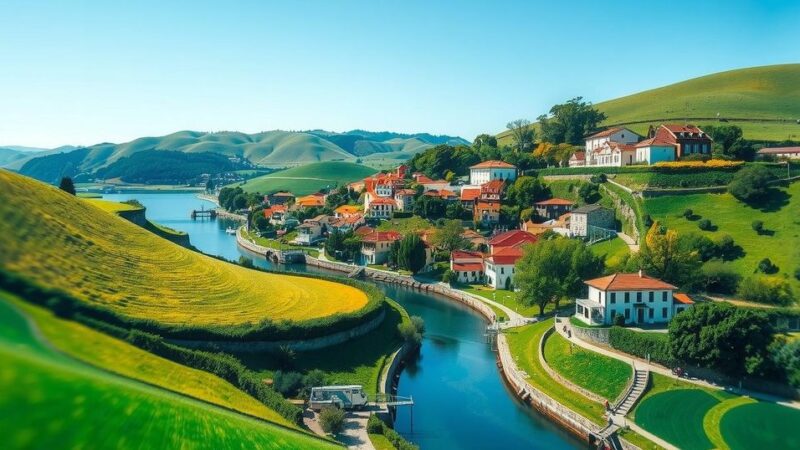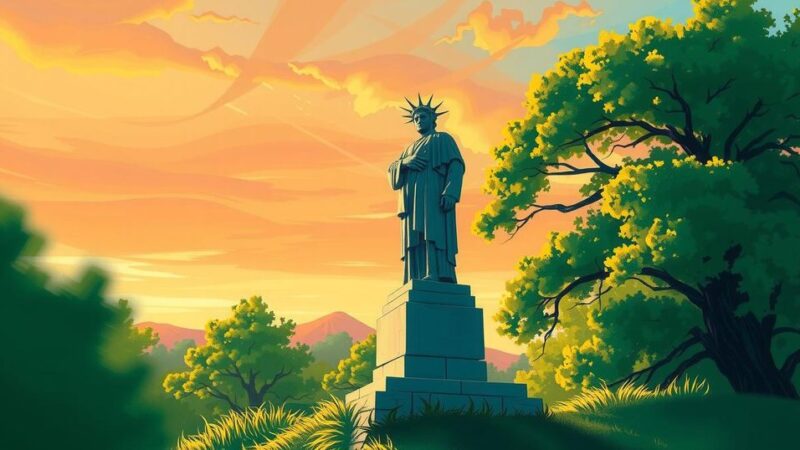Edmundo González Urrutia, Venezuelan opposition leader, embarks on a regional tour to gain international support for his claimed presidency ahead of January 10. Amidst threats from Maduro’s regime and cautious international responses, he seeks backing from key political figures in Argentina and Uruguay. Demonstrations supporting his presidency are planned in Venezuela as political tensions rise, with significant implications for regional stability and governance.
Edmundo González Urrutia, an opposition leader from Venezuela, embarks on a significant regional tour through Argentina and Uruguay, aiming to garner international support in his quest to assume the presidency of Venezuela on January 10. He claims victory in the July elections based on opposition voting tallies and plans to meet with key political figures in Uruguay, including President Luis Lacalle Pou and Foreign Minister Omar Paganini, who have expressed backing for his electoral claim. Notably, Uruguay’s Foreign Minister highlighted the “overwhelming evidence” of González’s popular support through social media.
Amid high political tensions, Nicolás Maduro’s government, which dismisses González’s election victory, has responded with threats, offering a monetary reward for González’s capture. Currently in exile in Spain, he grapples with securing international backing before his intended inauguration in January. The cautious approach of the international community, stemming from previous experiences with Juan Guaidó, complicates González’s efforts to gain recognition as a legitimate leader amidst the ongoing influence of Maduro.
González’s tour commences in Argentina, where he will engage with President Javier Milei, followed by additional stops in Panama, the United States, and the Dominican Republic. As regional dynamics unfold, Brazil under President Luiz Inácio Lula da Silva exhibits a complex stance on Venezuela, neither fully endorsing Maduro nor recognizing his presidency. Lula’s administration is keen on keeping diplomatic avenues open with Caracas while evaluating future interactions post-January 10.
Within Venezuela, opposition factions are mobilizing support for González’s presidency, with opposition leader María Corina Machado calling for public demonstrations to express solidarity and resistance against the Maduro regime. She perceives the political landscape as ripe for change, emphasizing the imminent downfall of the current regime. Meanwhile, human rights advocates continue to highlight the plight of political prisoners, with recent government actions including the release of numerous prisoners, aimed at gaining favor with foreign representatives during Maduro’s official nationwide event.
As the January 10 deadline approaches, which marks the conclusion of Maduro’s term from 2018, the international recognition of Venezuela’s next president becomes increasingly critical. The events following this date could significantly influence the political future of the region, emphasizing the importance of both local and international responses to González’s aspirations and Maduro’s governing tactics.
The political landscape of Venezuela is characterized by ongoing conflict between the ruling regime led by Nicolás Maduro and various opposition factions, most notably represented by Edmundo González Urrutia. González claims to have won the presidency during the controversial elections in July, according to opposition tallies. His claim to the presidency is further complicated by the international community’s cautious approach after prior experiences with opposition leader Juan Guaidó, creating a challenging atmosphere for legitimizing any new leader amid Maduro’s ongoing dominance. This context sets the stage for González’s tour as he seeks to secure recognition and support from other nations, allowing a clearer path toward his anticipated presidency in January.
Edmundo González Urrutia’s regional tour represents a critical attempt to establish international support as he claims leadership of Venezuela following disputed elections. The geopolitical challenges he faces, marked by Maduro’s threats and cautious international responses, highlight the complexity of the Venezuelan crisis. The outcomes of González’s engagements and the resulting international decisions regarding recognition will be pivotal as Venezuela approaches a significant political juncture on January 10, ultimately determining the future trajectory of the region.
Original Source: en.mercopress.com







